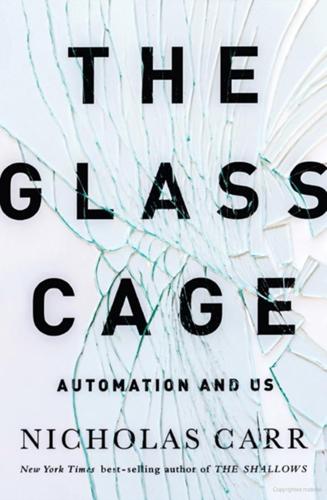
The Glass Cage: Automation and Us
by Nicholas Carr · 28 Sep 2014 · 308pp · 84,713 words
et al., “The Origins of Ubiquitous Computing Research at PARC in the Late 1980s,” IBM Systems Journal 38, no. 4 (1999): 693–696. 14.See Nicholas Carr, The Big Switch: Rewiring the World, from Edison to Google (New York: W. W. Norton, 2008). 15.Thomas P. Hughes, Networks of Power: Electrification in
…
The Lost Art of Finding Our Way (Cambridge, Mass.: Harvard University Press, 2013). 12.Merleau-Ponty, Phenomenology of Perception, 148. 13.Ibid., 261. 14.See Nicholas Carr, The Shallows: What the Internet Is Doing to Our Brains (New York: W. W. Norton, 2010). 15.Pascal Ravassard et al., “Multisensory Control of Hippocampal
…
Yerkes-Dodson law and curve, 89–91, 165 Young, Mark, 90–91 Zaha Hadid, 141 Ziegler, Bernard, 170 Zuckerberg, Mark, 181, 203, 206 ALSO BY NICHOLAS CARR THE SHALLOWS: WHAT THE INTERNET IS DOING TO OUR BRAINS THE BIG SWITCH: REWIRING THE WORLD, FROM EDISON TO GOOGLE DOES IT MATTER? INFORMATION TECHNOLOGY
…
AND THE CORROSION OF COMPETITIVE ADVANTAGE THE DIGITAL ENTERPRISE (editor) Copyright © 2014 by Nicholas Carr All rights reserved First Edition For information about permission to reproduce selections from this book, write to Permissions, W. W. Norton & Company, Inc., 500 Fifth
…
Production manager: Devon Zahn The Library of Congress has cataloged the printed edition as follows: Carr, Nicholas G., 1959– The glass cage : automation and us / Nicholas Carr. pages cm Includes bibliographical references and index. ISBN 978-0-393-24076-4 (hardcover) 1. Technology—Social aspects. 2. Automation—Social aspects. I. Title. T14
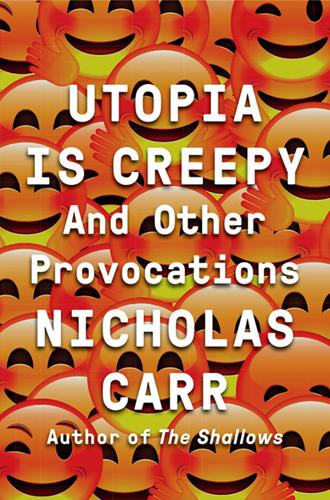
Utopia Is Creepy: And Other Provocations
by Nicholas Carr · 5 Sep 2016 · 391pp · 105,382 words
, 225 Facebook Q & A session of, 210–11, 213, 214 imagined as jackal, xv ALSO BY NICHOLAS CARR The Glass Cage The Shallows The Big Switch Does IT Matter? The Digital Enterprise (editor) Copyright © 2016 by Nicholas Carr All rights reserved First Edition For information about permission to reproduce selections from this book, write
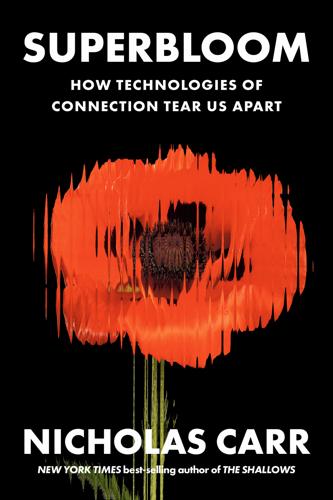
Superbloom: How Technologies of Connection Tear Us Apart
by Nicholas Carr · 28 Jan 2025 · 231pp · 85,135 words
How Technologies of Connection Tear Us Apart Superbloom Nicholas Carr To Ann Society not only continues to exist by transmission, by communication, but it may fairly be said to exist in transmission, in communication. —john
…
, 2020), 181. 3.Patricia Lockwood, No One Is Talking about This (New York: Riverhead Books, 2021), 3. 4.For a review of relevant research, see Nicholas Carr, “How Smartphones Hijack Our Minds,” Wall Street Journal, October 7, 2017. 5.Charles Horton Cooley, Human Nature and the Social Order (1902; repr. New York
…
, Mark, 15–18, 23, 53, 64–66, 68, 78, 101, 104, 147, 156, 164–65, 168–69, 178, 179, 207, 209–10, 231 Also by Nicholas Carr Utopia Is Creepy The Glass Cage: Automation and Us The Shallows: What the Internet Is Doing to Our Brains The Big Switch: Rewiring the World
…
, from Edison to Google Does IT Matter? Copyright © 2025 by Nicholas Carr All rights reserved First Edition For information about permission to reproduce selections from this book, write to Permissions, W. W. Norton & Company, Inc., 500 Fifth
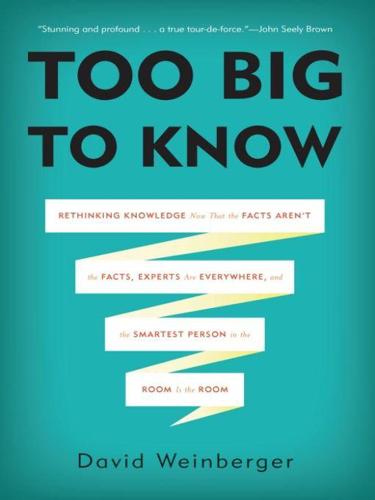
Too Big to Know: Rethinking Knowledge Now That the Facts Aren't the Facts, Experts Are Everywhere, and the Smartest Person in the Room Is the Room
by David Weinberger · 14 Jul 2011 · 369pp · 80,355 words
able to explore a topic, better able to find the points of view that explain and contextualize that which we don’t yet understand. Not Nicholas Carr. He thinks the Net is making all of us stupider, including himself, but more or less for the opposite reason that Sunstein worries about. Carr
…
thing. All the participants agree that we should be bending our efforts to work against our homophilitic tendencies. And no participants—not Cass Sunstein, not Nicholas Carr—are suggesting that we roll the Net back up and throw it away as a bad idea. So, why so many years of debate and
…
that I wish someone would write a boilerplate paragraph that all authors of nonpessimistic books about the Internet could just insert and be done with. Nicholas Carr’s book The Shallows escapes the irony because it maintains that long-form books are the crucial and distinctive way civilization develops ideas. If there
…
’s a rich topic that needs further development, it might make a successful book, and so on. But the question that concerns us is not Nicholas Carr’s motivations. Rather, it’s how the nature of the book qua book affected the form of its content. For, all this talk—Carr’s
…
of an experience and forget the gloom encompassing it. The type of thought that bound, printed, paged, published books encourage has many shadows. For example, Nicholas Carr’s book leads us to a conclusion. It is not a simple conclusion such as “Eating white foods makes you fat” or “If you want
…
of interiorized penance, which itself was a factor in long-term historical, military, and economic developments. Yet, there is not a word about this in Nicholas Carr’s account. I’m not criticizing Carr for this. On the contrary. His book is not primarily about the development of our interior voice, and
…
. The unwritten law of writing physical books has been “One page, one hand.” The physics of books generally makes writing them a solo project. So, Nicholas Carr tells us that he moved from Boston to Colorado, downgraded to a “relatively poky DSL connection,”11 and checked his email infrequently. It was painful
…
of room on the Internet for traditional multi-volume long-form works, as well as arguments conducted purely in tweets. At the very moment that Nicholas Carr’s work is flying off the shelves of bookstores, Carr can be in the midst of a hot and heavy Web chat fest. Long-form
…
better instrument of understanding when it is embedded in a web of ideas, conversations, and arguments, all linked and traversable. The writings of Charles Darwin, Nicholas Carr, and Jay Rosen are more useful, understandable, verifiable, and up to date because of the links that point into them and out from them. The
…
in the present of conversation about that knowledge. The work undergoes revision even if its author never changes a word: If you are interested in Nicholas Carr’s The Shallows, you will pursue that interest by exploring the fray of links it generates online; to refuse to do so would be to
…
collaborative castles rise in the air. Technodeterminism is no different for those who think that the Internet inevitably makes us stupid—rewiring our brains, as Nicholas Carr argues. Anti-technodeterminists such as the sociologist Eszter Hargittai and the social media researcher danah boyd point to the ways our social class, age, and
…
Partisan Internet and the Wider World,” May 24, 2010, http://www.ethanzuckerman.com/blog/2010/05/24/the-partisan-internet-and-the-wider-world/. 36 Nicholas Carr, The Shallows: What the Internet Is Doing to Our Brains (W. W. Norton, 2010), p. 14. 37 Ibid., p. 139, quoting an article by Patricia
…
Ibid., p. 68. 6 Disclosure: I work in the library system that Robert Darnton heads, but I do not report to him even indirectly. 7 Nicholas Carr, The Shallows: What the Internet Is Doing to Our Brains (W. W. Norton, 2010), pp. 164, 174. 8 Sven Birkerts, The Gutenberg Elegies: The Fate
…
Pinker, “Mind over Mass Media,” New York Times, June 10, 2010, http://www.nytimes.com/2010/06/11/opinion/11Pinker.html. For a rebuttal, see Nicholas Carr’s blog post, “Steven Pinker and the Internet,” June 12, 2010, http://www.roughtype.com/archives/2010/06/steven_pinker_a.php. 58 David Quammen
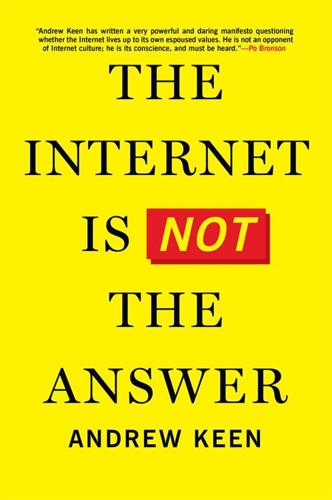
The Internet Is Not the Answer
by Andrew Keen · 5 Jan 2015 · 361pp · 81,068 words
, and bank tellers. Equally sobering is the involvement of dominant Internet companies like Google and Amazon in a robot-controlled society that the technology writer Nicholas Carr foresees in his 2014 book about “automation and us,” The Glass Cage. Carr’s earlier 2008 work, The Big Switch, made the important argument that
…
about the writing being on the wall. But if antiquity really is retweeting itself, it’s in the form of the Greek myth of Narcissus. Nicholas Carr famously argued in his 2011 book The Shallows, a finalist for the Pulitzer Prize, that the Web is shortening our attention spans and making our
…
hundred thousand spies on your payroll and have 39 million handwritten index cards. On the Internet, an electronic world of increasingly intelligent connected machines that Nicholas Carr calls a “Glass Cage,” there are billions of “gläserne Menschen.” And, it seems, they are all willing to work for free. The Eyes of the
…
Gapper, the answer lies in Internet entrepreneurs growing out of their “obsessive adolescence” and taking adult responsibility for disruptions like Bitcoin.16 For humanists like Nicholas Carr, the answer lies in us shaping our networked tools before they shape us. For Internet skeptics like Talking Heads founder and lyricist David Byrne, the
…
hundred interviews with leading Internet thinkers and critics. In particular, I’d like to thank Kurt Andersen, John Borthwick, Stewart Brand, Po Bronson, Erik Brynjolfsson, Nicholas Carr, Clayton Christensen, Ron Conway, Tyler Cowen, Kenneth Cukier, Larry Downes, Tim Draper, Esther Dyson, George Dyson, Walter Isaacson, Tim Ferriss, Michael Fertik, Ze Frank, David
…
Robots Are Coming and Will Terminate Your Jobs,” Financial Times, December 28–29, 2013. 22 Ibid. 23 Nicholas Carr, The Big Switch: Rewiring the World, from Edison to Google (New York: Norton, 2008), p. 113. 24 Nicholas Carr, The Glass Cage: Automation and Us (New York: Norton, 2014), p. 198. 25 Carole Cadwallader, “Are
…
Lucy Coslett and Holly Baxter, “Smug Shots and Selfies: The Rise of Internet Self-Obsession,” Guardian, December 6, 2013. 40 Nicholas Carr, “Is Google Making Us Stupid?,” Atlantic, July/August 2008. Also see Nicholas Carr, The Shallows: What the Internet Is Doing to Our Brains (New York; Norton, 2011). 41 Eli Pariser, The Filter
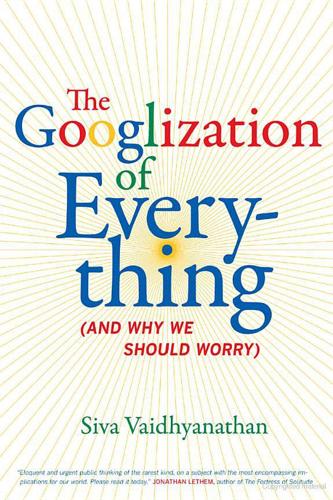
The Googlization of Everything:
by Siva Vaidhyanathan · 1 Jan 2010 · 281pp · 95,852 words
risks of remembering.6 MAYBE ME MORY I S NOT T H E P RO B LEM In the summer of 2007, the technology writer Nicholas Carr contributed a provocative cover article to the Atlantic called “Is Google Making Us Stupid?” In it, Carr made the case that persistent dependence on the
…
over time and with experience but can keep on changing. So if you worry, THE GOOGL I ZAT I ON OF ME MORY 181 with Nicholas Carr, that the Web is short-circuiting your capacities to think, you can just retrain your mind to think better. Training, though, is different from Lamarckian
…
Firl, “Google and the Mind: Predicting Fluency with PageRank,” Psychological Science 18 (December 2007): 1069–76. N OT ES TO PAGES 4–8 221 4. Nicholas Carr, “Is Google Making Us Stupid?” Atlantic, July 2008, 75–80. 5. I have borrowed this sense of “dangerousness” from Alexander Galloway, who uses the term
…
Famiglietti, “Wikipedia and Search: Some Quick Numbers,” Hackers, Cyborgs, and Wikipedians, blog, March 4, 2009, http://blogs.bgsu .edu/afamigl. 32. Nicholas Carr, “All Hail the Information Triumvirate!” Rough Type: Nicholas Carr’s Blog, January 23, 2009, www.roughtype.com. 33. See Siva Vaidhyanathan, “The Digital Wisdom of Richard Sennett,” Chronicle of Higher Education
…
Fictions (New York: Viking, 1998). 6. Viktor Mayer-Schönberger, Delete: The Virtue of Forgetting in the Digital Age (Princeton, NJ: Princeton University Press, 2009). 7. Nicholas Carr, “Is Google Making Us Stupid?” Atlantic, July 2008, 56–63. 8. Marshall McLuhan, The Gutenberg Galaxy: The Making of Typographic Man (Toronto: University of Toronto
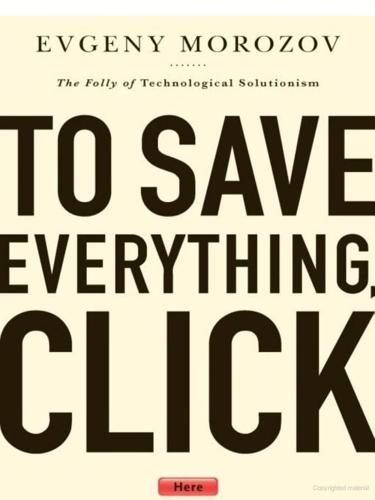
To Save Everything, Click Here: The Folly of Technological Solutionism
by Evgeny Morozov · 15 Nov 2013 · 606pp · 157,120 words
burying it in obscure and unproductive McLuhanism that seeks to discover some nonexistent inner truths about each and every medium under the sun. Consider how Nicholas Carr, one of today’s most vocal Internet skeptics, frames the discussion about the impact that digital technologies have on our ability to think deep thoughts
…
“the Internet,” not least because the stability that her account lends to “the Internet” makes her a favorite source of Internet optimists and pessimists alike (Nicholas Carr draws on Eisenstein’s work in The Shallows). Much like with rational-choice theory, what many fellow scholars believe to be rather problematic scholarship is
…
, by operating with such an impoverished notion of technology, to trace its effects on culture, society, and history. It’s the same McLuhanesque approach that Nicholas Carr employs when he writes about “the Net” and compares it to “the book.” Warner and Johns propose something quite different; instead of placing technology outside
…
dissonance: see Bruno Latour, We Have Never Been Modern (Cambridge, MA: Harvard University Press, 1993). 19 “to be fed the way the Net fed it”: Nicholas Carr, The Shallows: What the Internet Is Doing to Our Brains (New York: W. W. Norton & Company, 2011), 16. 19 “the Net . . . provides a high-speed
…
an Agent of Change: Elizabeth L. Eisenstein, The Printing Press as an Agent of Change (Cambridge: Cambridge University Press, 1980). 52 Nicholas Carr draws on Eisenstein’s work in The Shallows: Nicholas Carr, The Shallows (New York: W.W. Norton, 2011), 70, 75. 53 “from her sources those facts and statements”: Anthony T. Grafton
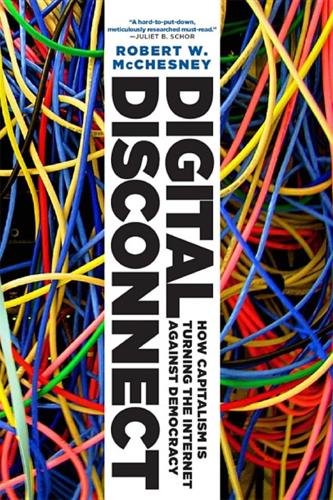
Digital Disconnect: How Capitalism Is Turning the Internet Against Democracy
by Robert W. McChesney · 5 Mar 2013 · 476pp · 125,219 words
was growing up in suburban Cleveland in the 1960s. “For society as a whole the Net has become the communication and information medium of choice,” Nicholas Carr writes. “The scope of its use is unprecedented, even by the standards of the mass media of the twentieth century. The scope of its influence
…
.”45 The idea that the Internet is transforming people unwittingly in ways that may be less than desirable is best developed in The Shallows by Nicholas Carr. While acknowledging all the benefits of the Internet, and his own addiction to it, Carr argues that the advantages “come at a price,” specifically by
…
work was very influential on innumerable thinkers, including Neil Postman, who argued that television had an innate bias toward superficiality.12 “Every intellectual technology,” as Nicholas Carr puts it, “embodies an intellectual ethic, a set of assumptions about how the human mind works or should work.” These technologies “have the greatest and
…
license to use all available symbols to further the interests of commerce, by devouring the psyches of consumers.”16 For an example of this fusion, Nicholas Carr makes a strong critique of the Internet’s effect on how our brains function, discussed in chapter 1. Likewise, Eli Pariser expresses concerns about how
…
Business, 2010), xiv; Peter H. Diamandis and Steven Kotler, Abundance: The Future Is Better Than You Think (New York: The Free Press, 2012), 282. 4. Nicholas Carr, The Shallows: What the Internet Is Doing to Our Brains (New York: W.W. Norton, 2010), 9–10, 87. 5. Cited in Jeffrey D. Sachs
…
under a dictator” (p. 352). 12. Neil Postman, Amusing Ourselves to Death: Public Discourse in the Age of Show Business (New York: Penguin, 1985). 13. Nicholas Carr, The Shallows: What the Internet Is Doing to Our Brains (New York: W.W. Norton, 2010), 45. 14. For a series of important essays on
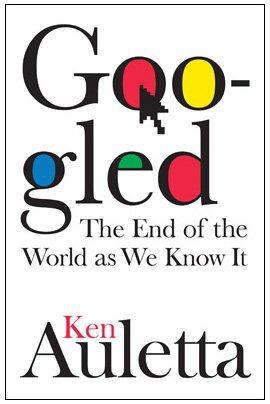
Googled: The End of the World as We Know It
by Ken Auletta · 1 Jan 2009 · 532pp · 139,706 words
had passed on to them: artificial intelligence (AI) was the next scientific frontier. The search engine would supplement the limited human brain. “Brin and Page,” Nicholas Carr would write years later, “are expressing a desire that has long been a hallmark of the mathematicians and computer scientists who have devoted themselves to
…
. Sometimes lost in the excitement over the wonders of ever more relevant search is the potential social cost. In his provocative book The Big Switch, Nicholas Carr notes that Google’s goal is to store 100 percent of each individual’s data, what Google calls “transparent personalization.” This would allow Google to
…
Is Selling Less of More, Hyperion, 2006. 10 “aggregate content”: author interview with Larry Page, March 25, 2008. 10 from a peak daily newspaper circulation: Nicholas Carr, Big Switch: Rewiring the World, From Edison to Google, Norton; and The Project for Excellence in Journalism, “State of the News Media Report,” March 2007
…
Ranking: Bringing Order to the Web,” was published January 29, 1998, and is available on the Web. 40 “Brin and Page . . . are expressing a desire”: Nicholas Carr, Big Switch: Rewiring the World, From Edison to Google, W. W. Norton & Company, 2008. 41 “They were . . . part of an engineering tribe”: author interview with
…
interview with Craig Silverstein, September 17, 2007. 327 “We are no closer”: author interview with Marc Andreessen, March 27, 2008. 327 In his provocative book: Nicholas Carr, The Big Switch: Rewiring the World, from Edison to Google, W. W. Norton & Company, 2008. 328 “this was the thrust”: Neil Postman, Amusing Ourselves to
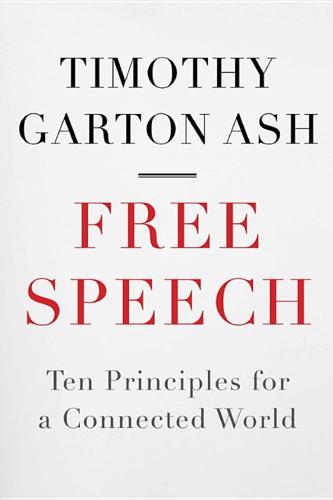
Free Speech: Ten Principles for a Connected World
by Timothy Garton Ash · 23 May 2016 · 743pp · 201,651 words
point out, a vast ocean of rubbish, nonsense and lies online. (A similar complaint was made after the spread of printing in sixteenth-century Europe.) Nicholas Carr and Andrew Keen deplore the online ‘cult of the amateur’, which inordinately privileges mass participation over authority, openness over expertise, Wikipedia over Britannica.91 And
…
caustically of colleagues who believe that ‘a million, or perhaps a billion, fragmentary insults will eventually yield wisdom’.92 As we are tempted into what Nicholas Carr calls ‘the shallows’ of the online world, so we might all succumb to attention deficit disorder. ‘Homo Zappiens’ is the nice coinage of two Dutch
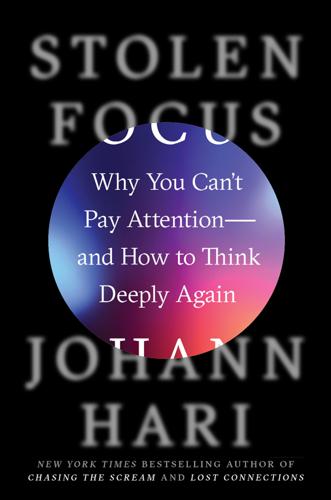
Stolen Focus: Why You Can't Pay Attention--And How to Think Deeply Again
by Johann Hari · 25 Jan 2022 · 390pp · 120,864 words
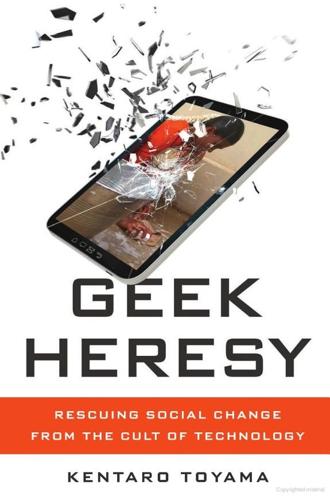
Geek Heresy: Rescuing Social Change From the Cult of Technology
by Kentaro Toyama · 25 May 2015 · 494pp · 116,739 words
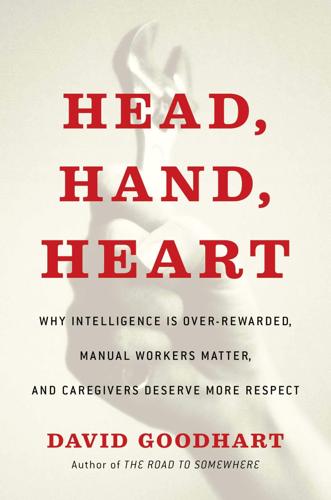
Head, Hand, Heart: Why Intelligence Is Over-Rewarded, Manual Workers Matter, and Caregivers Deserve More Respect
by David Goodhart · 7 Sep 2020 · 463pp · 115,103 words
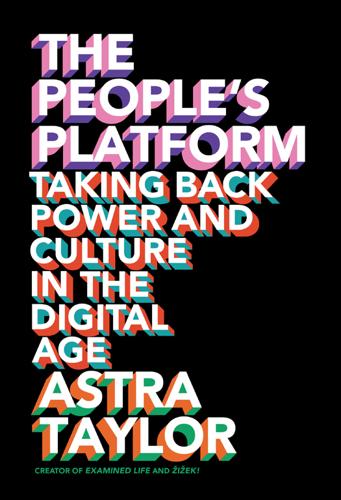
The People's Platform: Taking Back Power and Culture in the Digital Age
by Astra Taylor · 4 Mar 2014 · 283pp · 85,824 words
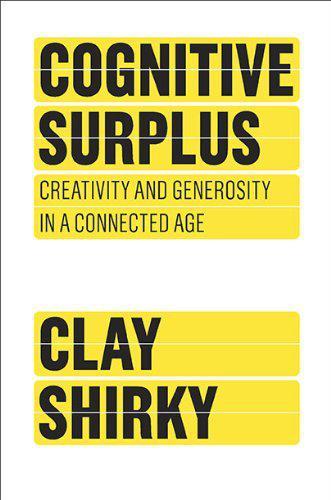
Cognitive Surplus: Creativity and Generosity in a Connected Age
by Clay Shirky · 9 Jun 2010 · 236pp · 66,081 words
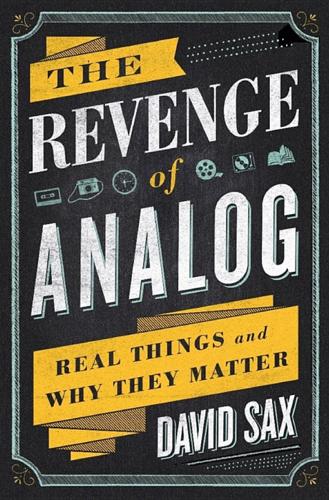
The Revenge of Analog: Real Things and Why They Matter
by David Sax · 8 Nov 2016 · 360pp · 101,038 words
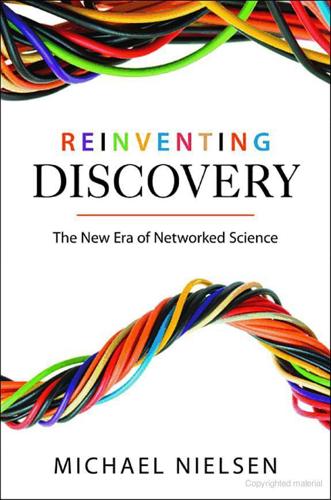
Reinventing Discovery: The New Era of Networked Science
by Michael Nielsen · 2 Oct 2011 · 400pp · 94,847 words
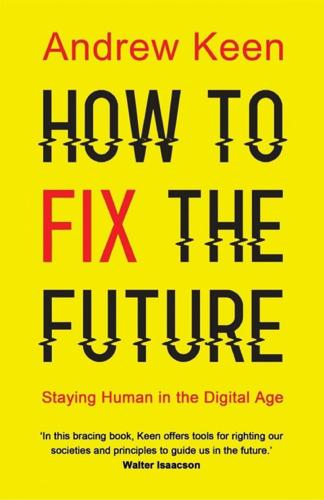
How to Fix the Future: Staying Human in the Digital Age
by Andrew Keen · 1 Mar 2018 · 308pp · 85,880 words
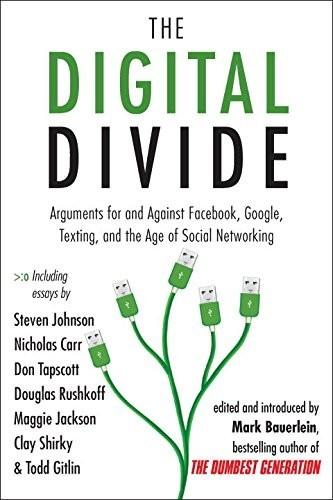
The Digital Divide: Arguments for and Against Facebook, Google, Texting, and the Age of Social Netwo Rking
by Mark Bauerlein · 7 Sep 2011 · 407pp · 103,501 words
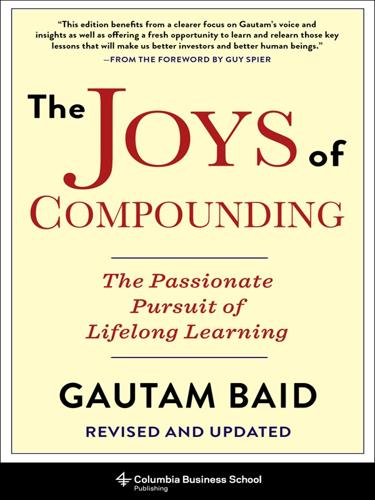
The Joys of Compounding: The Passionate Pursuit of Lifelong Learning, Revised and Updated
by Gautam Baid · 1 Jun 2020 · 1,239pp · 163,625 words
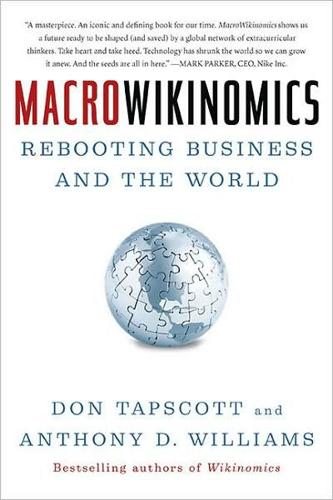
MacroWikinomics: Rebooting Business and the World
by Don Tapscott and Anthony D. Williams · 28 Sep 2010 · 552pp · 168,518 words
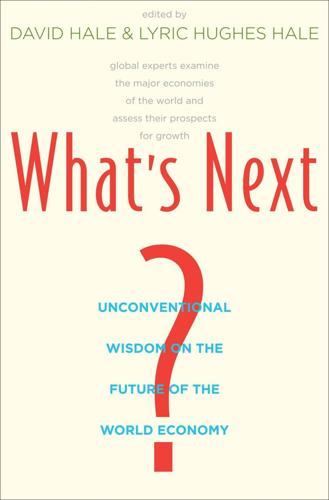
What's Next?: Unconventional Wisdom on the Future of the World Economy
by David Hale and Lyric Hughes Hale · 23 May 2011 · 397pp · 112,034 words
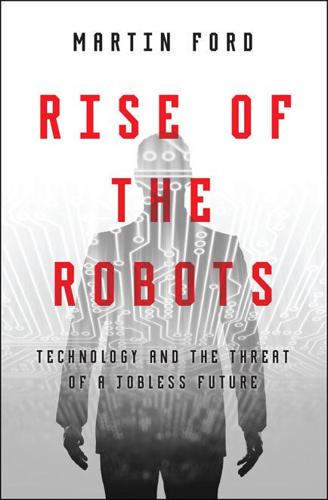
Rise of the Robots: Technology and the Threat of a Jobless Future
by Martin Ford · 4 May 2015 · 484pp · 104,873 words
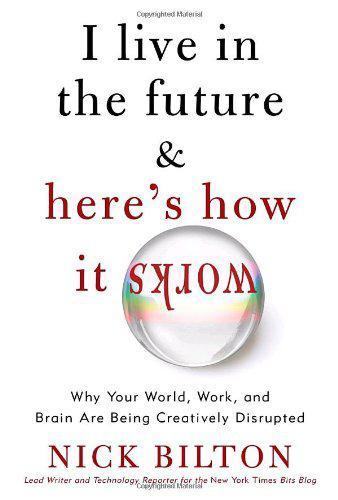
I Live in the Future & Here's How It Works: Why Your World, Work, and Brain Are Being Creatively Disrupted
by Nick Bilton · 13 Sep 2010 · 236pp · 77,098 words
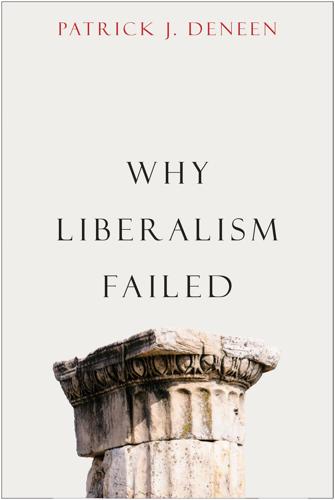
Why Liberalism Failed
by Patrick J. Deneen · 9 Jan 2018 · 215pp · 61,435 words
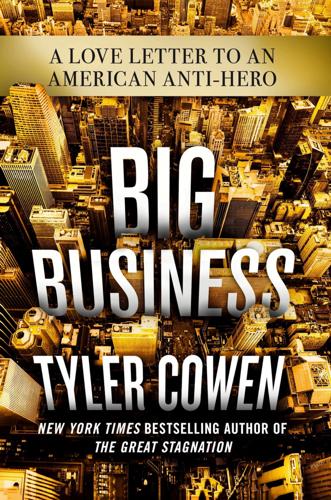
Big Business: A Love Letter to an American Anti-Hero
by Tyler Cowen · 8 Apr 2019 · 297pp · 84,009 words
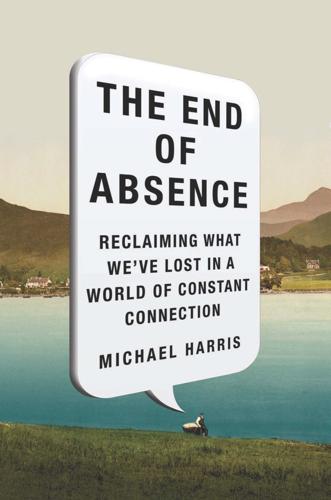
The End of Absence: Reclaiming What We've Lost in a World of Constant Connection
by Michael Harris · 6 Aug 2014 · 259pp · 73,193 words
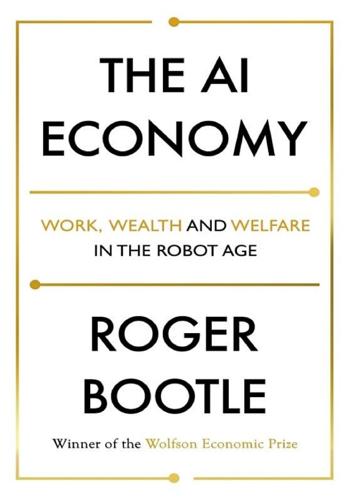
The AI Economy: Work, Wealth and Welfare in the Robot Age
by Roger Bootle · 4 Sep 2019 · 374pp · 111,284 words
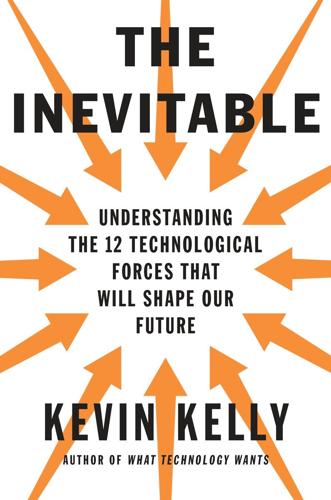
The Inevitable: Understanding the 12 Technological Forces That Will Shape Our Future
by Kevin Kelly · 6 Jun 2016 · 371pp · 108,317 words
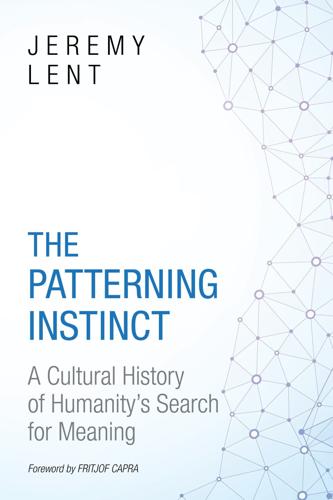
The Patterning Instinct: A Cultural History of Humanity's Search for Meaning
by Jeremy Lent · 22 May 2017 · 789pp · 207,744 words
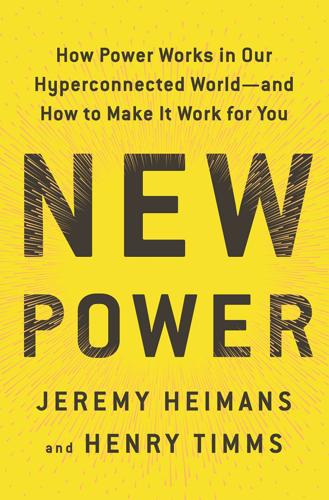
New Power: How Power Works in Our Hyperconnected World--And How to Make It Work for You
by Jeremy Heimans and Henry Timms · 2 Apr 2018 · 416pp · 100,130 words
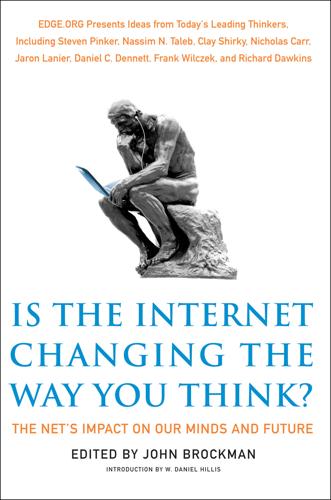
Is the Internet Changing the Way You Think?: The Net's Impact on Our Minds and Future
by John Brockman · 18 Jan 2011 · 379pp · 109,612 words
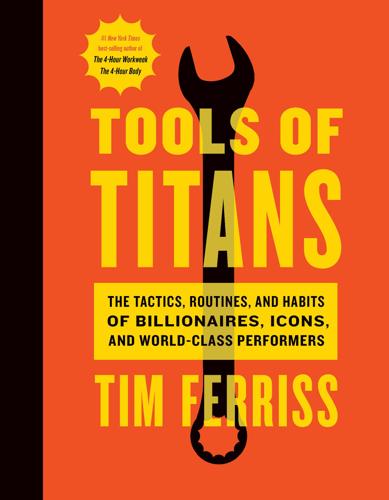
Tools of Titans: The Tactics, Routines, and Habits of Billionaires, Icons, and World-Class Performers
by Timothy Ferriss · 6 Dec 2016 · 669pp · 210,153 words
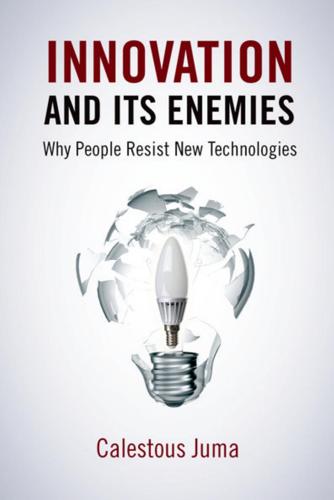
Innovation and Its Enemies
by Calestous Juma · 20 Mar 2017

Utopias: A Brief History From Ancient Writings to Virtual Communities
by Howard P. Segal · 20 May 2012 · 299pp · 19,560 words
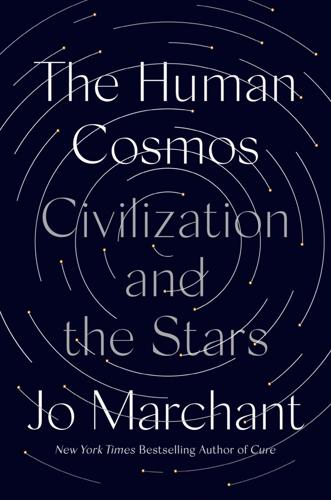
The Human Cosmos: A Secret History of the Stars
by Jo Marchant · 15 Jan 2020 · 544pp · 134,483 words
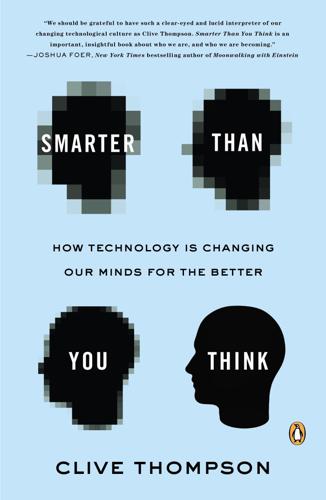
Smarter Than You Think: How Technology Is Changing Our Minds for the Better
by Clive Thompson · 11 Sep 2013 · 397pp · 110,130 words
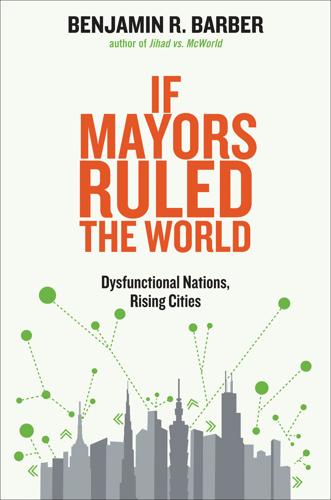
If Mayors Ruled the World: Dysfunctional Nations, Rising Cities
by Benjamin R. Barber · 5 Nov 2013 · 501pp · 145,943 words
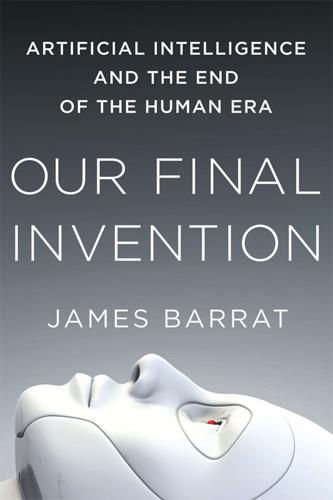
Our Final Invention: Artificial Intelligence and the End of the Human Era
by James Barrat · 30 Sep 2013 · 294pp · 81,292 words
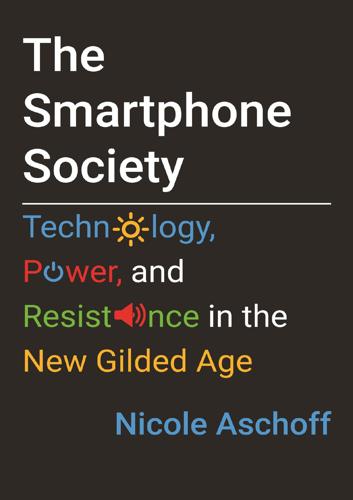
The Smartphone Society
by Nicole Aschoff
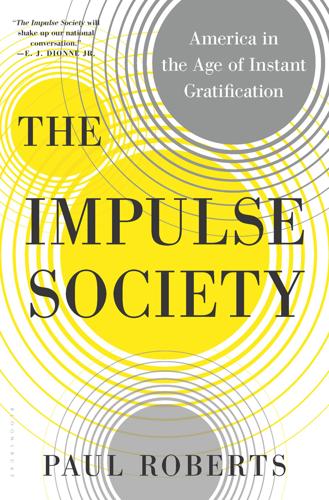
The Impulse Society: America in the Age of Instant Gratification
by Paul Roberts · 1 Sep 2014 · 324pp · 92,805 words
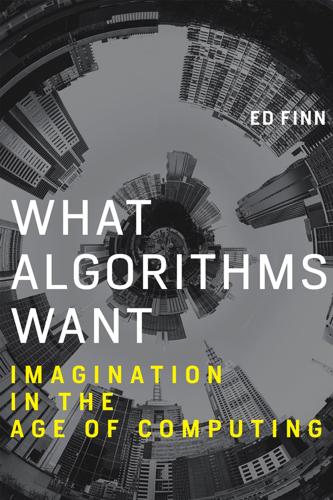
What Algorithms Want: Imagination in the Age of Computing
by Ed Finn · 10 Mar 2017 · 285pp · 86,853 words
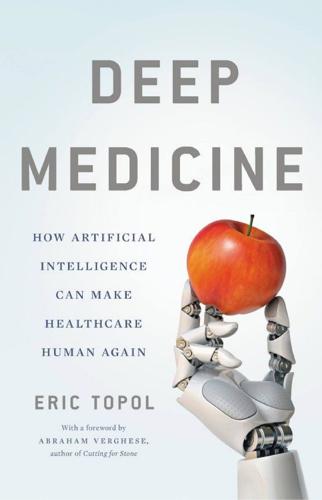
Deep Medicine: How Artificial Intelligence Can Make Healthcare Human Again
by Eric Topol · 1 Jan 2019 · 424pp · 114,905 words
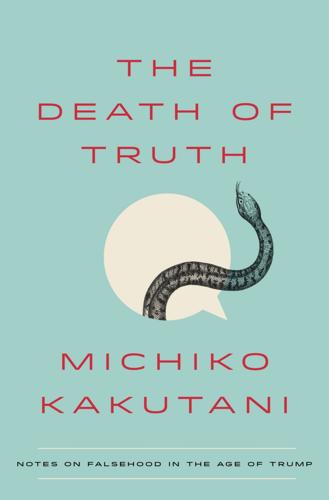
The Death of Truth: Notes on Falsehood in the Age of Trump
by Michiko Kakutani · 17 Jul 2018 · 137pp · 38,925 words
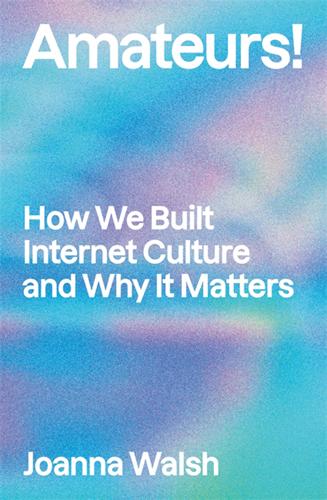
Amateurs!: How We Built Internet Culture and Why It Matters
by Joanna Walsh · 22 Sep 2025 · 255pp · 80,203 words
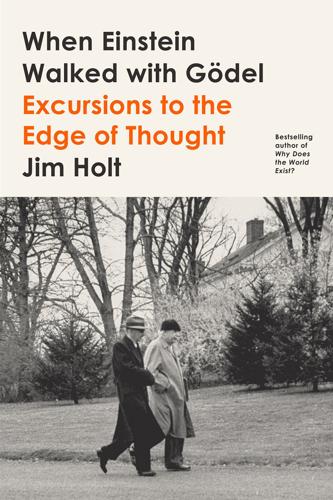
When Einstein Walked With Gödel: Excursions to the Edge of Thought
by Jim Holt · 14 May 2018 · 436pp · 127,642 words
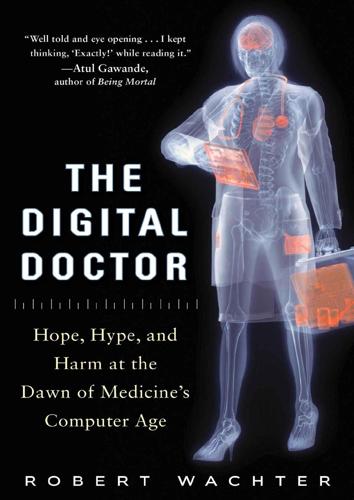
The Digital Doctor: Hope, Hype, and Harm at the Dawn of Medicine’s Computer Age
by Robert Wachter · 7 Apr 2015 · 309pp · 114,984 words
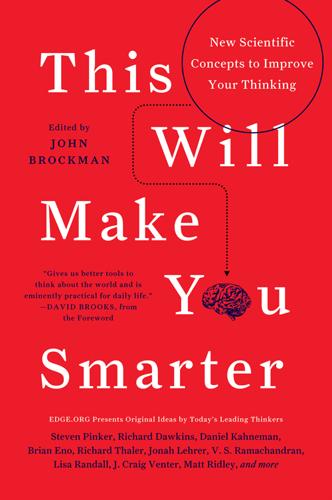
This Will Make You Smarter: 150 New Scientific Concepts to Improve Your Thinking
by John Brockman · 14 Feb 2012 · 416pp · 106,582 words
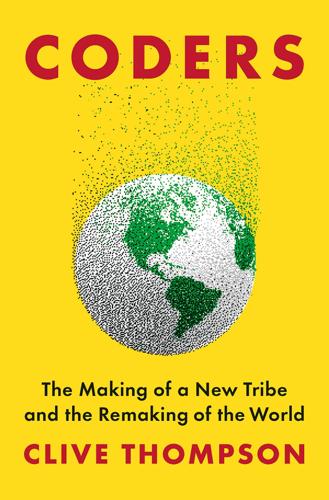
Coders: The Making of a New Tribe and the Remaking of the World
by Clive Thompson · 26 Mar 2019 · 499pp · 144,278 words
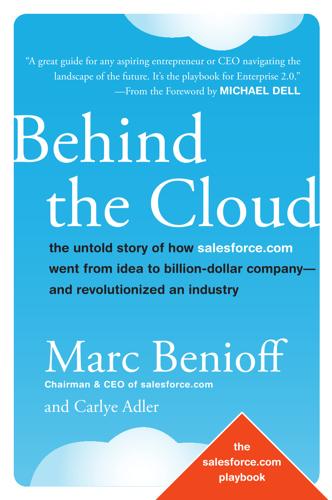
Behind the cloud: the untold story of how Salesforce.com went from idea to billion-dollar company--and revolutionized an industry
by Marc Benioff and Carlye Adler · 19 Nov 2009 · 307pp · 17,123 words
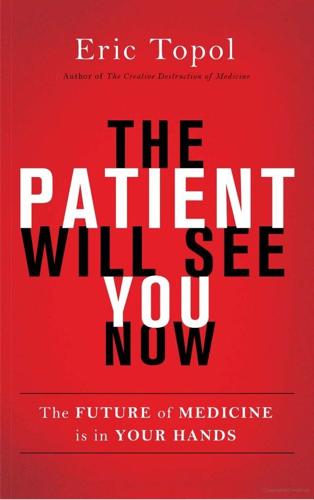
The Patient Will See You Now: The Future of Medicine Is in Your Hands
by Eric Topol · 6 Jan 2015 · 588pp · 131,025 words
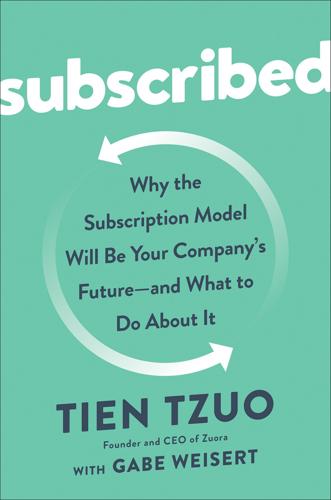
Subscribed: Why the Subscription Model Will Be Your Company's Future - and What to Do About It
by Tien Tzuo and Gabe Weisert · 4 Jun 2018 · 244pp · 66,977 words
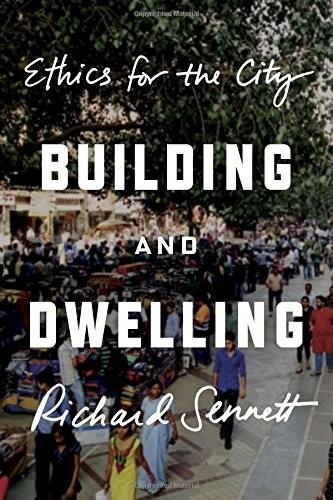
Building and Dwelling: Ethics for the City
by Richard Sennett · 9 Apr 2018
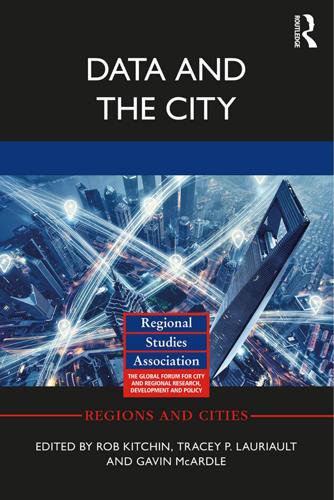
Data and the City
by Rob Kitchin,Tracey P. Lauriault,Gavin McArdle · 2 Aug 2017
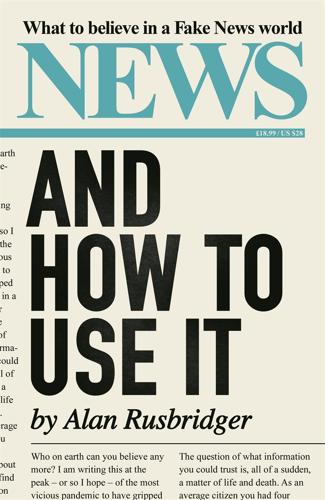
News and How to Use It: What to Believe in a Fake News World
by Alan Rusbridger · 26 Nov 2020 · 371pp · 109,320 words
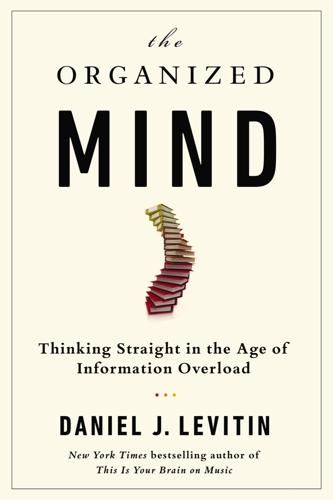
The Organized Mind: Thinking Straight in the Age of Information Overload
by Daniel J. Levitin · 18 Aug 2014 · 685pp · 203,949 words
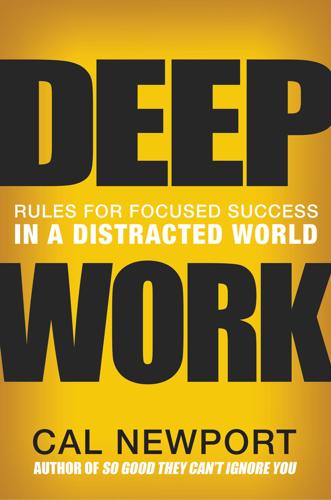
Deep Work: Rules for Focused Success in a Distracted World
by Cal Newport · 5 Jan 2016
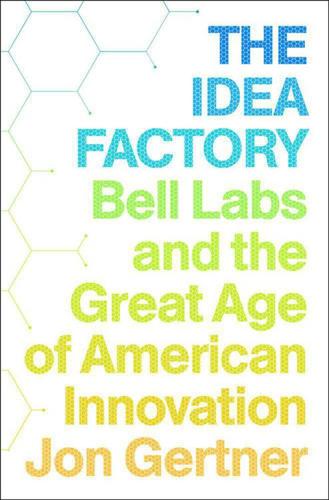
The Idea Factory: Bell Labs and the Great Age of American Innovation
by Jon Gertner · 15 Mar 2012 · 550pp · 154,725 words
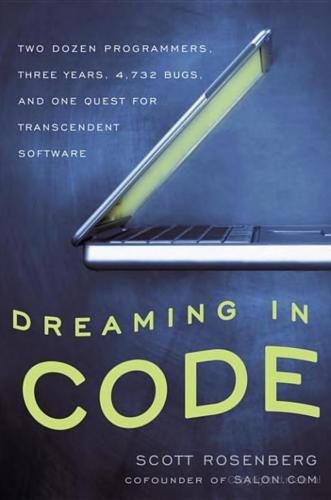
Dreaming in Code: Two Dozen Programmers, Three Years, 4,732 Bugs, and One Quest for Transcendent Software
by Scott Rosenberg · 2 Jan 2006 · 394pp · 118,929 words
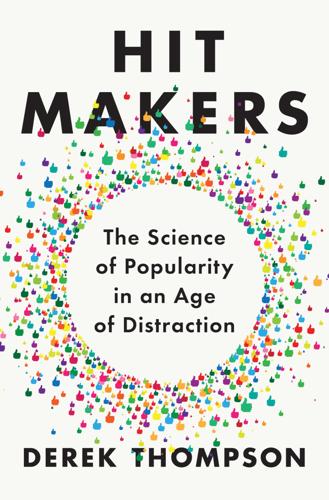
Hit Makers: The Science of Popularity in an Age of Distraction
by Derek Thompson · 7 Feb 2017 · 416pp · 108,370 words
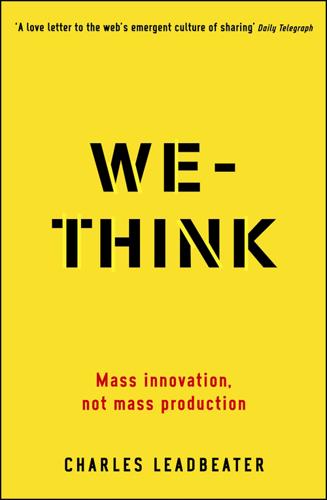
We-Think: Mass Innovation, Not Mass Production
by Charles Leadbeater · 9 Dec 2010 · 313pp · 84,312 words
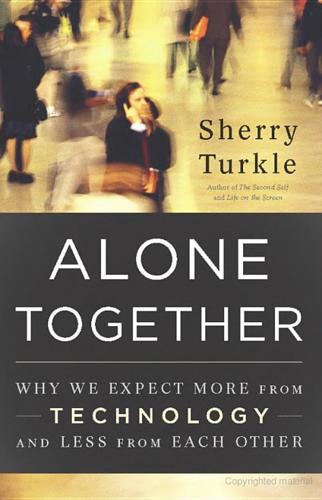
Alone Together
by Sherry Turkle · 11 Jan 2011 · 542pp · 161,731 words
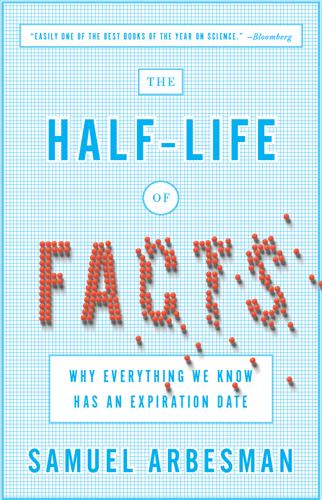
The Half-Life of Facts: Why Everything We Know Has an Expiration Date
by Samuel Arbesman · 31 Aug 2012 · 284pp · 79,265 words
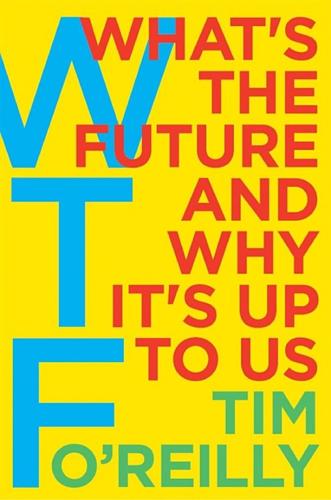
WTF?: What's the Future and Why It's Up to Us
by Tim O'Reilly · 9 Oct 2017 · 561pp · 157,589 words
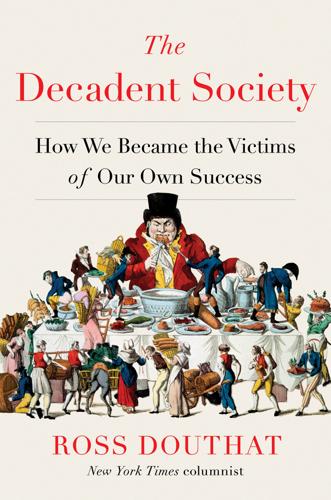
The Decadent Society: How We Became the Victims of Our Own Success
by Ross Douthat · 25 Feb 2020 · 324pp · 80,217 words
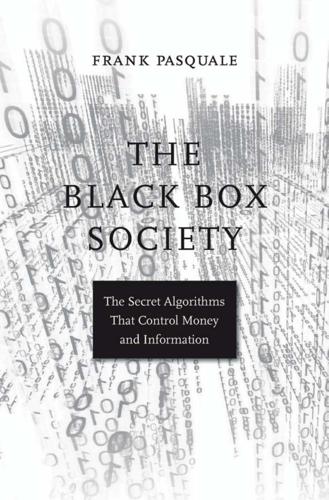
The Black Box Society: The Secret Algorithms That Control Money and Information
by Frank Pasquale · 17 Nov 2014 · 320pp · 87,853 words
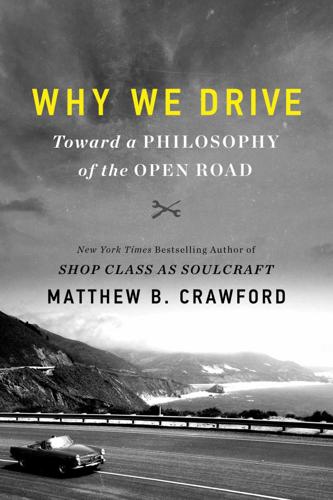
Why We Drive: Toward a Philosophy of the Open Road
by Matthew B. Crawford · 8 Jun 2020 · 386pp · 113,709 words

The Age of Extraction: How Tech Platforms Conquered the Economy and Threaten Our Future Prosperity
by Tim Wu · 4 Nov 2025 · 246pp · 65,143 words
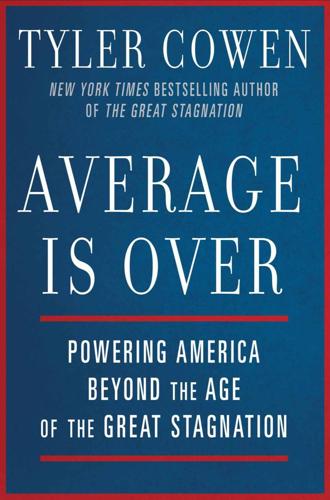
Average Is Over: Powering America Beyond the Age of the Great Stagnation
by Tyler Cowen · 11 Sep 2013 · 291pp · 81,703 words
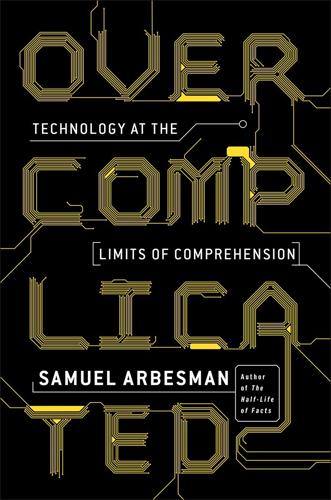
Overcomplicated: Technology at the Limits of Comprehension
by Samuel Arbesman · 18 Jul 2016 · 222pp · 53,317 words
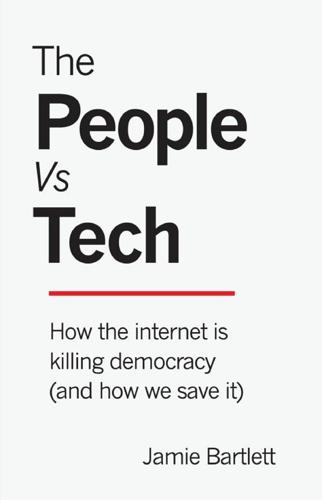
The People vs Tech: How the Internet Is Killing Democracy (And How We Save It)
by Jamie Bartlett · 4 Apr 2018 · 170pp · 49,193 words
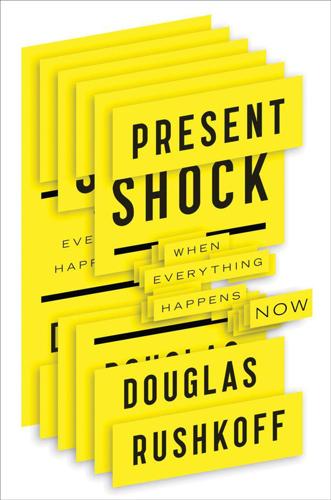
Present Shock: When Everything Happens Now
by Douglas Rushkoff · 21 Mar 2013 · 323pp · 95,939 words

Beautiful security
by Andy Oram and John Viega · 15 Dec 2009 · 302pp · 82,233 words
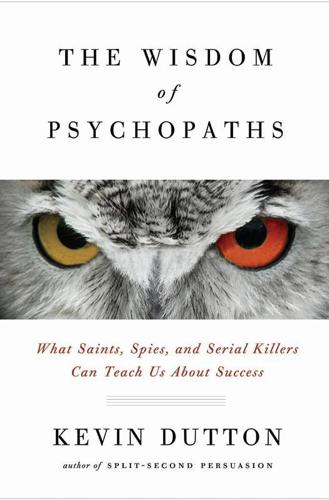
The Wisdom of Psychopaths: What Saints, Spies, and Serial Killers Can Teach Us About Success
by Kevin Dutton · 15 Oct 2012 · 280pp · 85,091 words
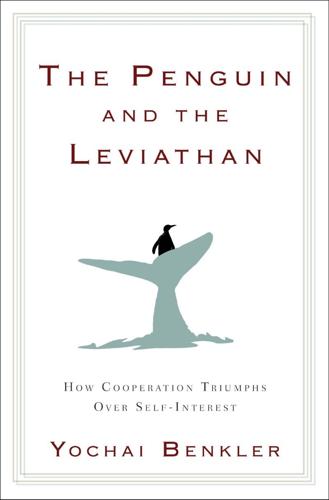
The Penguin and the Leviathan: How Cooperation Triumphs Over Self-Interest
by Yochai Benkler · 8 Aug 2011 · 187pp · 62,861 words
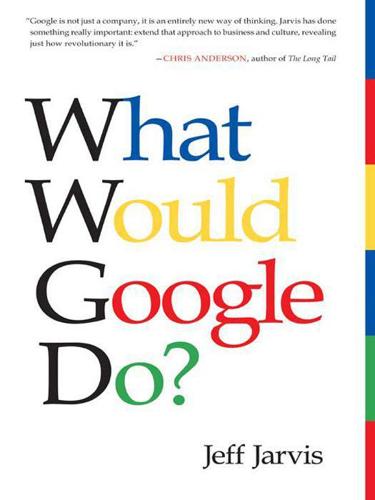
What Would Google Do?
by Jeff Jarvis · 15 Feb 2009 · 299pp · 91,839 words
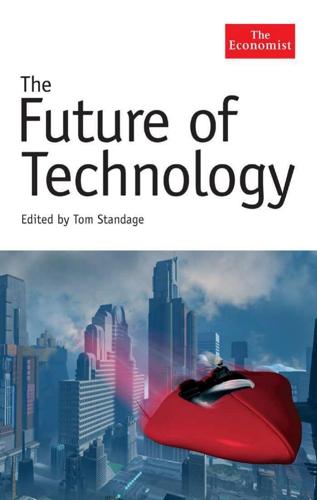
The Future of Technology
by Tom Standage · 31 Aug 2005
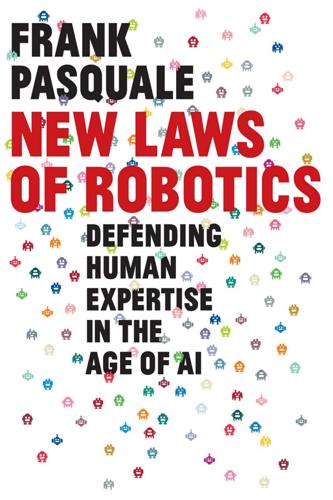
New Laws of Robotics: Defending Human Expertise in the Age of AI
by Frank Pasquale · 14 May 2020 · 1,172pp · 114,305 words
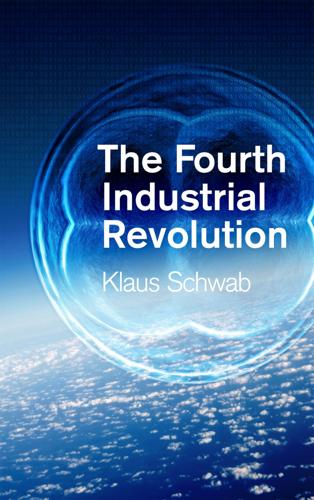
The Fourth Industrial Revolution
by Klaus Schwab · 11 Jan 2016 · 179pp · 43,441 words
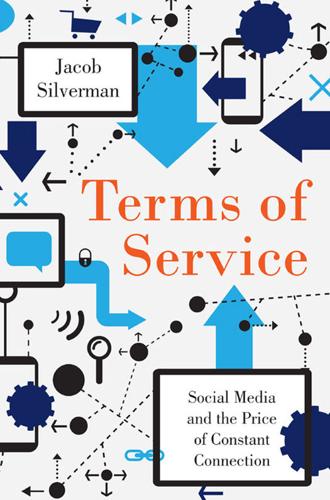
Terms of Service: Social Media and the Price of Constant Connection
by Jacob Silverman · 17 Mar 2015 · 527pp · 147,690 words
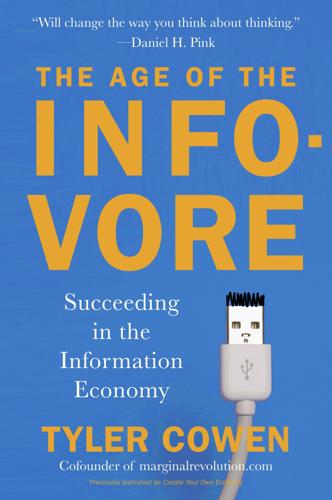
The Age of the Infovore: Succeeding in the Information Economy
by Tyler Cowen · 25 May 2010 · 254pp · 72,929 words
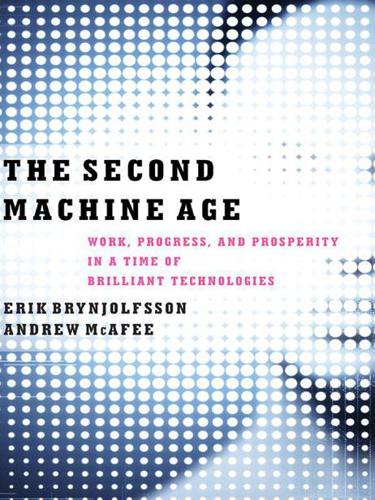
The Second Machine Age: Work, Progress, and Prosperity in a Time of Brilliant Technologies
by Erik Brynjolfsson and Andrew McAfee · 20 Jan 2014 · 339pp · 88,732 words
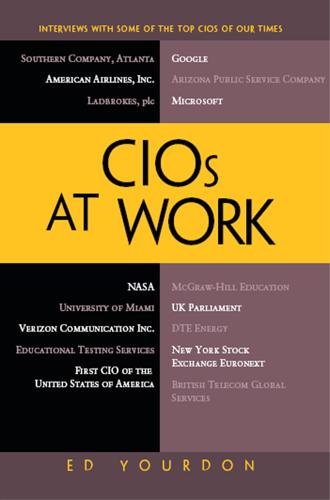
CIOs at Work
by Ed Yourdon · 19 Jul 2011 · 525pp · 142,027 words
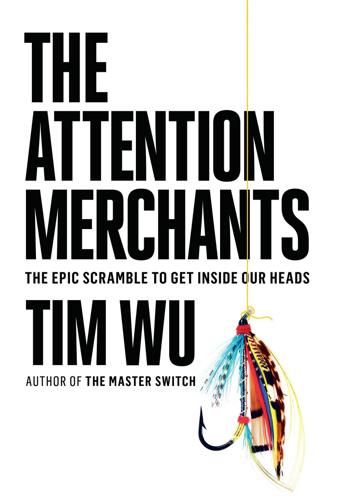
The Attention Merchants: The Epic Scramble to Get Inside Our Heads
by Tim Wu · 14 May 2016 · 515pp · 143,055 words
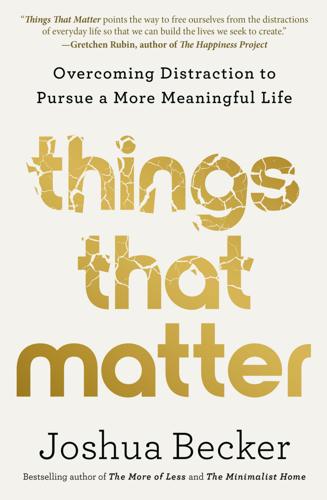
Things That Matter: Overcoming Distraction to Pursue a More Meaningful Life
by Joshua Becker · 19 Apr 2022 · 215pp · 62,479 words
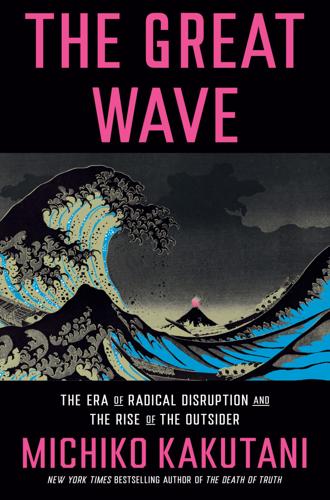
The Great Wave: The Era of Radical Disruption and the Rise of the Outsider
by Michiko Kakutani · 20 Feb 2024 · 262pp · 69,328 words
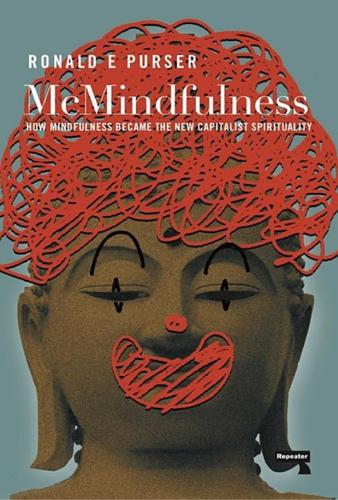
McMindfulness: How Mindfulness Became the New Capitalist Spirituality
by Ronald Purser · 8 Jul 2019 · 242pp · 67,233 words
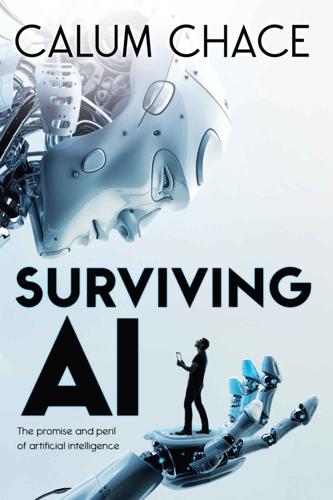
Surviving AI: The Promise and Peril of Artificial Intelligence
by Calum Chace · 28 Jul 2015 · 144pp · 43,356 words
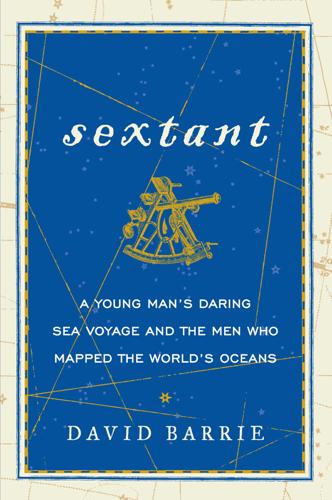
Sextant: A Young Man's Daring Sea Voyage and the Men Who ...
by David Barrie · 12 May 2014 · 366pp · 100,602 words
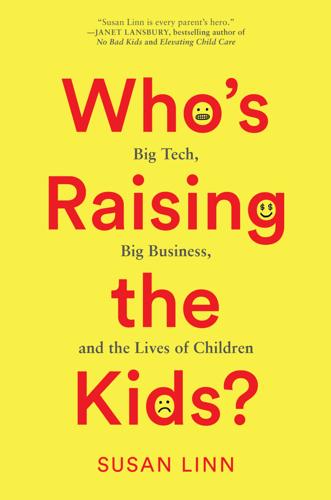
Who’s Raising the Kids?: Big Tech, Big Business, and the Lives of Children
by Susan Linn · 12 Sep 2022 · 415pp · 102,982 words
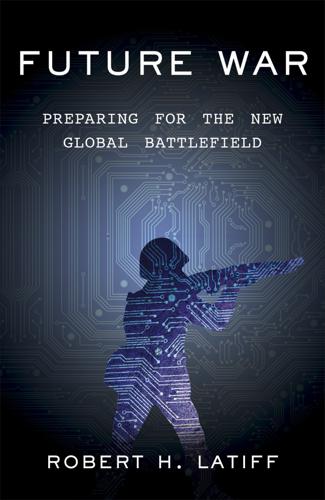
Future War: Preparing for the New Global Battlefield
by Robert H. Latiff · 25 Sep 2017 · 158pp · 46,353 words
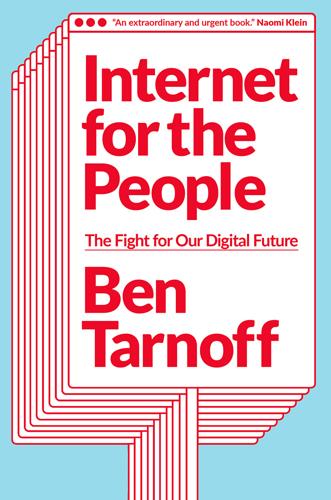
Internet for the People: The Fight for Our Digital Future
by Ben Tarnoff · 13 Jun 2022 · 234pp · 67,589 words
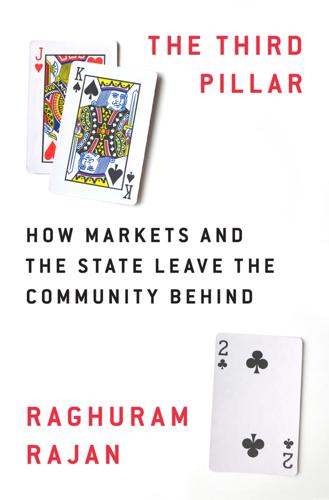
The Third Pillar: How Markets and the State Leave the Community Behind
by Raghuram Rajan · 26 Feb 2019 · 596pp · 163,682 words
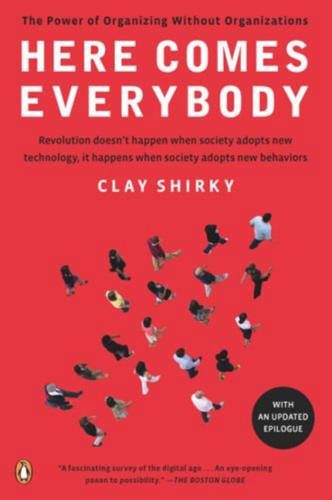
Here Comes Everybody: The Power of Organizing Without Organizations
by Clay Shirky · 28 Feb 2008 · 313pp · 95,077 words
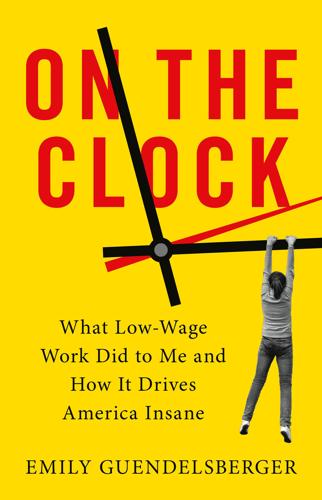
On the Clock: What Low-Wage Work Did to Me and How It Drives America Insane
by Emily Guendelsberger · 15 Jul 2019 · 382pp · 114,537 words

Warnings
by Richard A. Clarke · 10 Apr 2017 · 428pp · 121,717 words
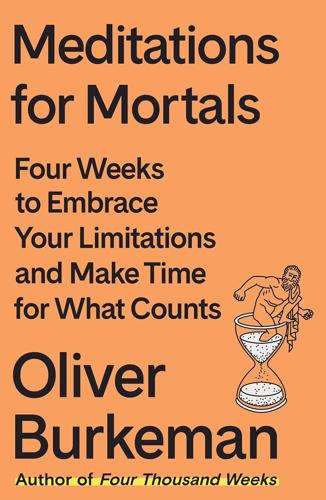
Meditations for Mortals: Four Weeks to Embrace Your Limitations and Make Time for What Counts
by Oliver Burkeman · 8 Oct 2024 · 123pp · 43,370 words